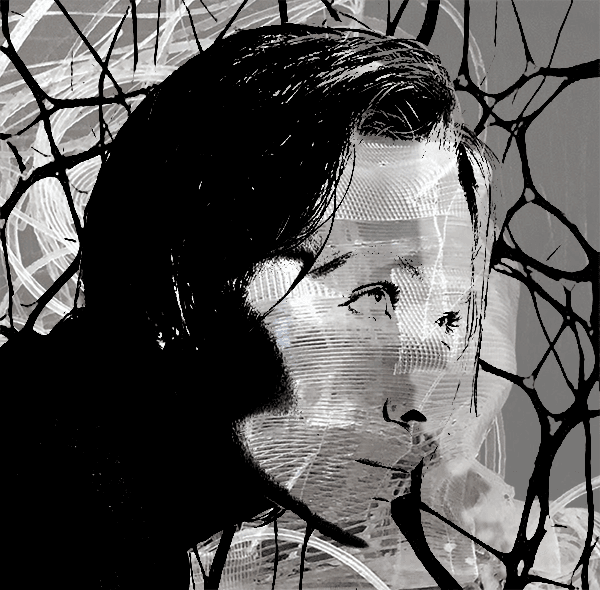




Metamorphosis
500 $
The Transformation of Gregor Samsa
Franz Kafka’s novella, “Metamorphosis,” opens with an unsettling and surreal event: Gregor Samsa, a traveling salesman, awakens to find himself transformed into a giant insect. This transformation is described in stark, matter-of-fact terms that contrast sharply with the fantastical nature of the event, heightening the reader’s sense of disorientation and horror. The initial shock and horror of Gregor’s new condition are not just restricted to himself but also extend to his family, whose reactions range from disbelief to repulsion.
The physical transformation of Gregor Samsa profoundly affects his daily life and relationships. Once the breadwinner of his family, Gregor’s new form renders him incapable of working, thereby shifting the family dynamics and placing a significant strain on his relationships. His inability to communicate exacerbates his isolation, and his family members begin to see him more as a burden than a loved one. As Gregor’s condition deteriorates, so does his connection to his human identity, symbolizing the broader theme of alienation.
Kafka uses Gregor’s metamorphosis to explore deep existential themes. The transformation serves as a powerful symbol for the alienation and dehumanization that can occur in modern society. Gregor’s insect form reflects his internal sense of worthlessness and his feelings of being trapped in a life that is not his own. This sense of alienation is further compounded by the reactions of those around him, who fail to recognize the human consciousness that still resides within the monstrous exterior.
The narrative technique employed by Kafka, characterized by its precise, almost clinical description of Gregor’s plight, effectively illustrates the protagonist’s internal and external struggles. Through Gregor’s eyes, readers experience the degradation of his humanity and the gradual erosion of his identity. Kafka’s meticulous attention to detail and his unflinching portrayal of Gregor’s suffering serve to amplify the novella’s impact, making it a poignant exploration of the human condition.
Themes and Symbolism in Kafka’s Metamorphosis
In Franz Kafka’s “Metamorphosis,” the theme of alienation is profoundly depicted through Gregor Samsa’s transformation into an insect. This metamorphosis serves as a powerful symbol of Gregor’s isolation from his family, his job, and society at large. The sense of estrangement mirrors Kafka’s own feelings of alienation, often attributed to his complex relationship with his family and his struggles within a bureaucratic work environment. Gregor’s transformation exacerbates his existing sense of detachment, illustrating a poignant commentary on the human condition and the often unbridgeable gaps between individuals.
The concept of identity is another critical theme in the novella. As Gregor’s physical form changes, his sense of self deteriorates. Initially, Gregor tries to maintain his human routines, but as the story progresses, he becomes increasingly insect-like, losing his ability to communicate and think logically. This deterioration reflects the fragility of identity and how it can be eroded by external circumstances. Kafka uses Gregor’s transformation to question the nature of selfhood and the extent to which it is tied to physical appearance and societal roles.
The insect itself is a potent symbol in “Metamorphosis.” It represents Gregor’s perceived worthlessness and dehumanization. Prior to his transformation, Gregor is already treated as a mere cog in the capitalist machinery, valued only for his ability to work and provide for his family. His metamorphosis into an insect amplifies this sense of worthlessness, as he becomes a burden rather than a provider. This symbol critiques the dehumanizing effects of a capitalist society that measures an individual’s value solely by their economic contribution.
The theme of familial duty is also central to the narrative. The Samsa family’s dynamics shift dramatically as they cope with Gregor’s condition. Initially dependent on Gregor’s income, they are forced to find their own means of survival. This shift in roles highlights the conditional nature of familial love and duty, as Gregor’s family gradually becomes resentful and neglectful of him. Kafka uses this theme to explore the complexities of family relationships and the sometimes transactional nature of care and support.
Through these themes and symbols, Kafka critiques societal norms and delves into the existential plight of the individual. “Metamorphosis” remains a timeless exploration of alienation, identity, and the human condition, resonating with readers as they navigate their own struggles within societal frameworks.
×











Reviews
There are no reviews yet.